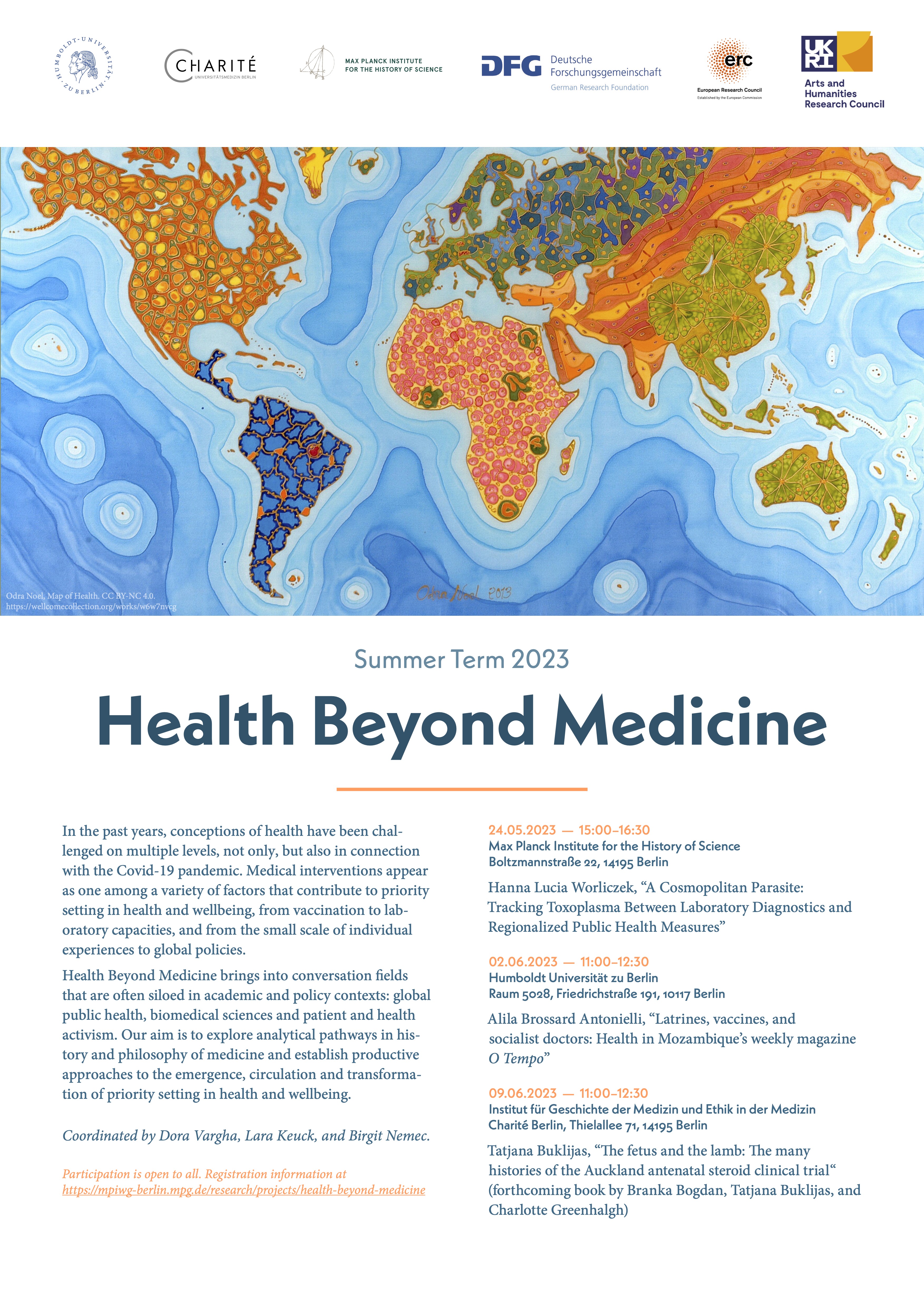Jun 9, 2023
The Fetus and the Lamb: The Many Histories of the Auckland Antenatal Steroid Clinical Trial
- 11:00 to 12:30
- Talk
- Practices of Validation in the Biomedical Sciences
- Tatjana Buklijas
Between 1969 and 1974, Auckland’s National Women’s Hospital was home to a ground-breaking clinical trial that tested and proved the effectiveness of corticosteroids given to pregnant women at risk of premature birth. The corticosteroids were meant to help develop the lungs of premature infants and so increase the chance of survival. The research built on animal data collected in the 1960s experimental work on the onset of birth in sheep, which united a longstanding agricultural interest in animal growth and reproduction in the former settler colony of New Zealand with the burgeoning field of antenatal care.
The trial attracted huge international attention as a rare effective treatment for prematurity. However, it also became a subject of heated and long international debate over the effectiveness and long-term consequences of corticosteroid use during pregnancy. Primary sources on multiple replicating trials worldwide and the follow-up studies of infants provide insight into the changing nature of clinical research, regulation of risk, and emerging forms of evidence-collecting and consensus-making in medicine internationally. Back in New Zealand, the infant participants of the original trial have been followed across their lives first by the original investigators and their collaborators and then by the new generations of clinical research. Using interviews, we probed into the interpretations of the trial by diverse participants. While for the scientists the trial came to be seen as the shining light in the history of New Zealand science, for the participants its memory took on different, more intimate meanings.

Contact and Registration
Participation is open to all. Please register by sending an email to Birgitta v. Mallinckrodt (OFFICEKEUCK@MPIWG-BERLIN.MPG.DE).
